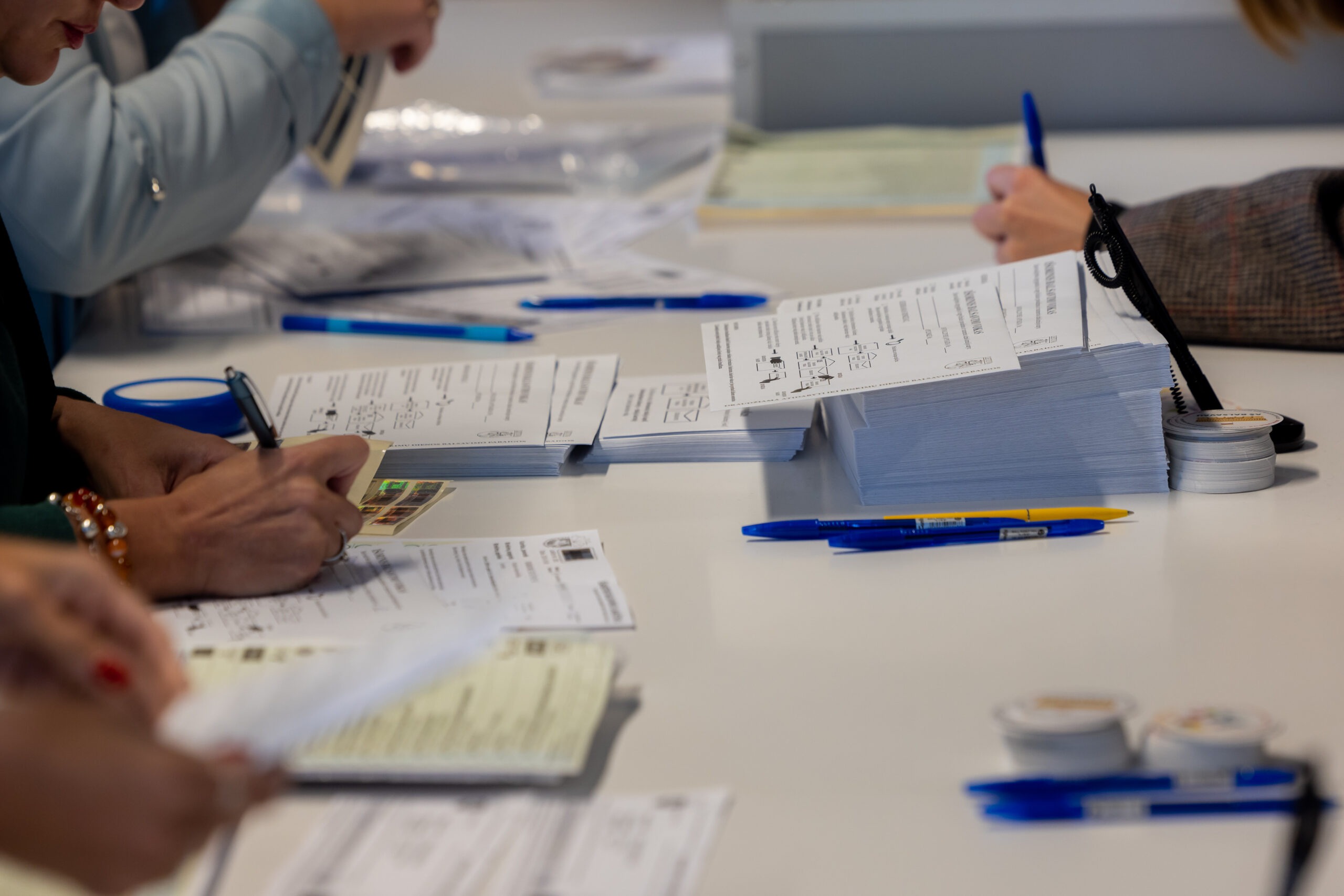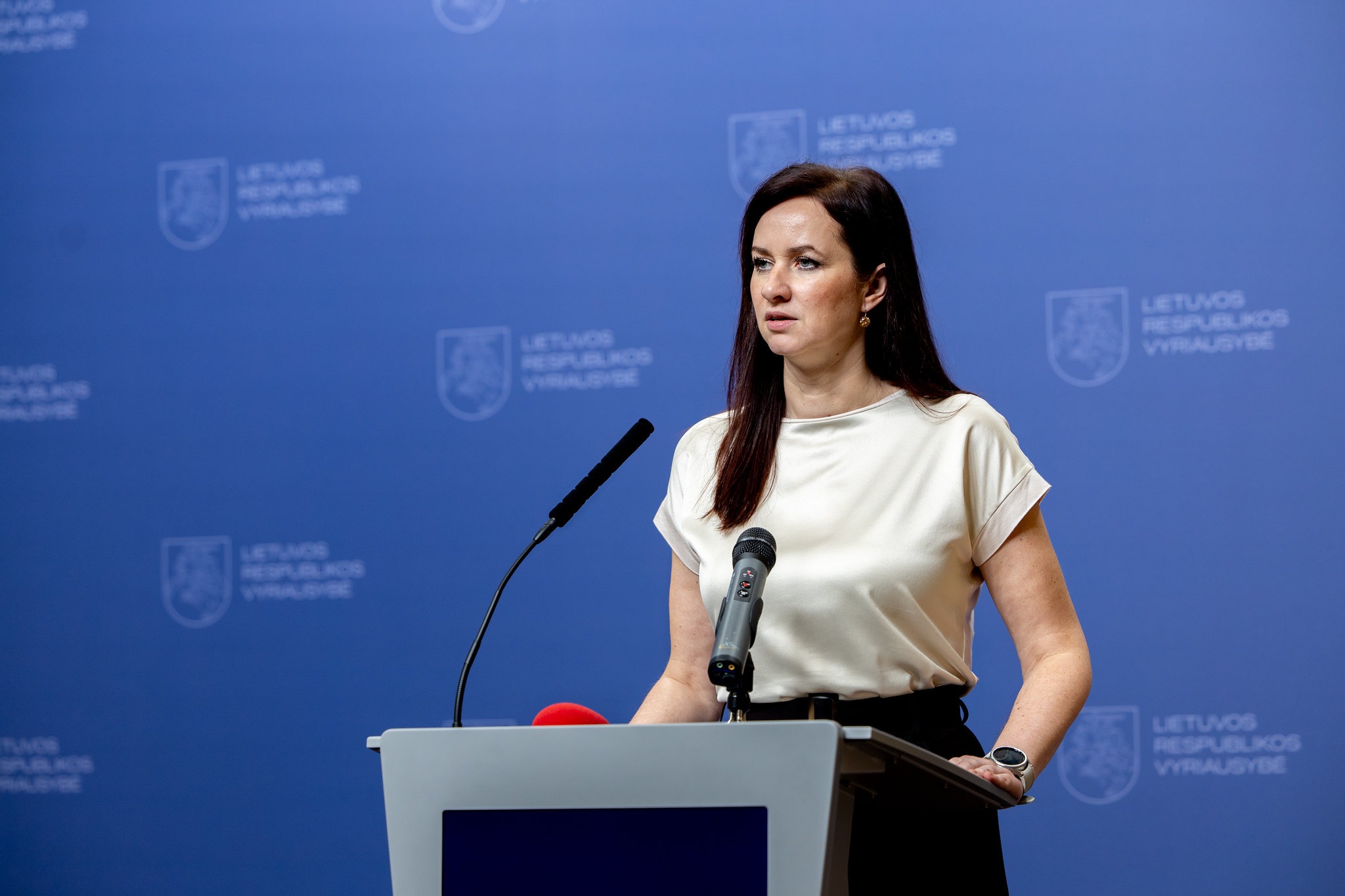
Main narratives:
- General anti-government sentiments;
- The incompetence of the current government;
- Doubts about the transparency of democratic elections;
- Discrediting Ukraine and its effort to win the war.
Overview:
The media attention in Lithuania circled the victory of the Social Democratic Party (LSDP) in Lithuania’s parliamentary elections. The center-left party’s win brought a political shift that many Lithuanians had anticipated, as discontent with the ruling Homeland Union grew due to economic pressures and political challenges.
Kremlin-aligned media leveraged this election result to amplify existing narratives, often portraying Lithuania’s political changes as indicators of domestic instability, voter disillusionment, or potential Western interference in Lithuanian politics. They questioned Lithuania’s resilience in the face of economic hardship, focusing on how its alignment with Western policies on Ukraine might be influencing local discontent. Meanwhile, some Kremlin-aligned figures criticized what they perceived as issues in election integrity, such as allegations around early voting, repeated voting by absentee voters, and concerns over ballot tracking. These criticisms strongly echoed in social media, however, despite these narratives, most of the attention was largely focused on the anticipated policy shifts under a Social Democratic-led coalition, Blinkevičiūtė’s rejection of the Prime Minister post and ongoing security concerns amid Russia’s war in Ukraine.









